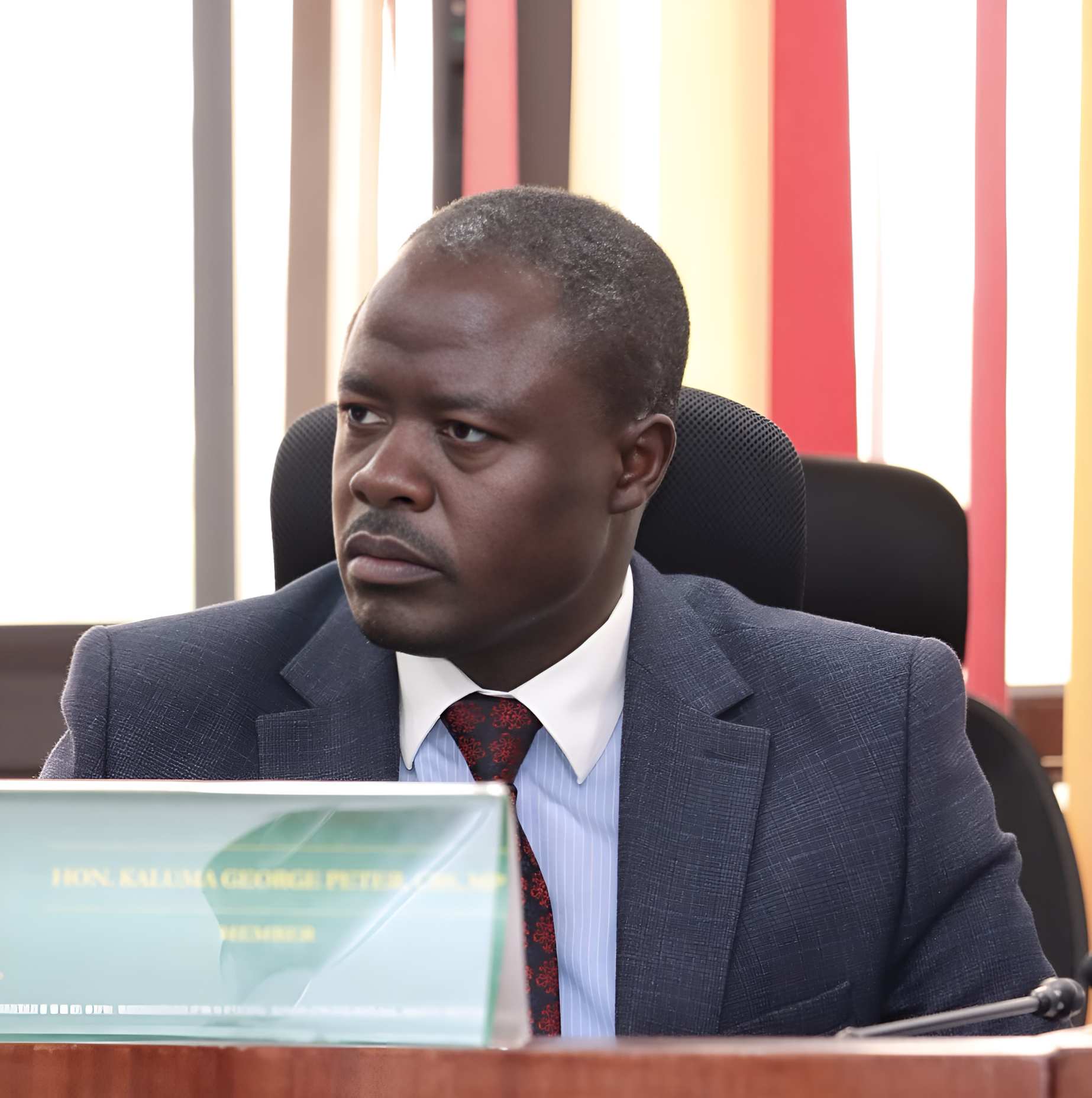Kaluma faults constant protests, warns against turning activism into business

Posting on X, Kaluma said Kenya should not become a nation where activism thrives like a business.
Homa Bay Town MP Peter Kaluma has raised concern over what he calls the growing commercialization of protests in Kenya, warning that constant street activism risks destabilizing the country.
Posting on X, Kaluma said Kenya should not become a nation where activism thrives like a business.
He urged citizens to use formal institutions to address grievances rather than resorting to endless demonstrations.
His remarks come amid rising protests, including over the police shooting of hawker Boniface Kariuki during the June 18 demonstrations, and the earlier death of teacher and blogger Albert Ojwang’.
Kaluma emphasized that while the Constitution protects fundamental rights, including the right to protest, those rights must be exercised responsibly.
He also dismissed claims that the hawker’s death was ethnically targeted, calling it misinformation.
Kaluma’s remarks come amid his broader campaign against what he calls the “enterprise of protest,” where he argues that unchecked activism risks being hijacked by both local and foreign interests to destabilize the country.
He cited the recent hawker shooting incident and the misinformation that followed as a clear example of how protests can be politicized and manipulated along ethnic lines.
According to Kaluma, claims that the victim was Collins Omondi from Suba and had been targeted by a police officer from the Rift Valley were deliberately crafted to stoke tribal tensions.
“The tribalists lied; he was Collins Omondi from Suba, shot by a police officer from the Rift Valley, and pretended to ‘mourn’ him so as to stir strife between the two regions. We thank God Boniface is alive and pray for his quickest recovery,” he posted.
The false narrative sparked outrage online, with many initially framing the incident as ethnically driven.
But confirmation that the victim was Boniface Kariuki, and that he survived, has since shifted public focus to the dangers of weaponizing protests with tribal undertones concerns Kaluma says must be urgently addressed to safeguard national unity.
